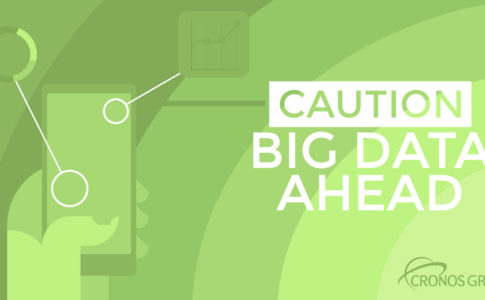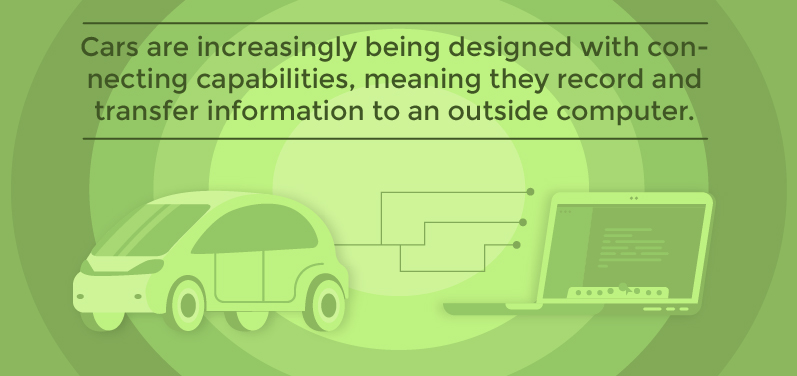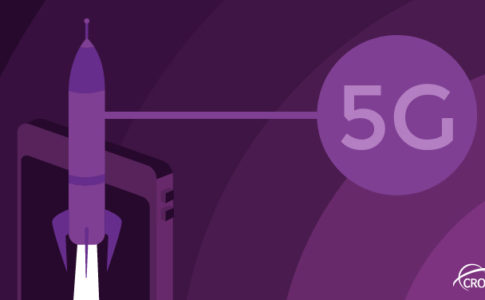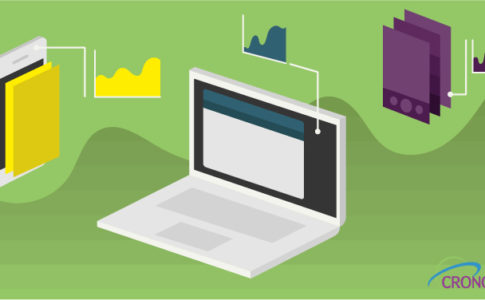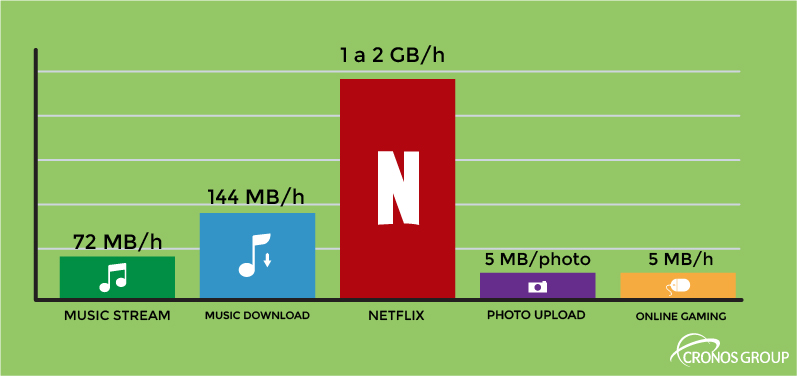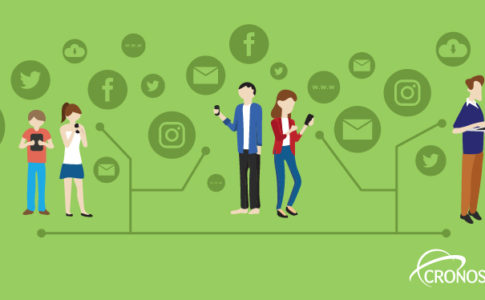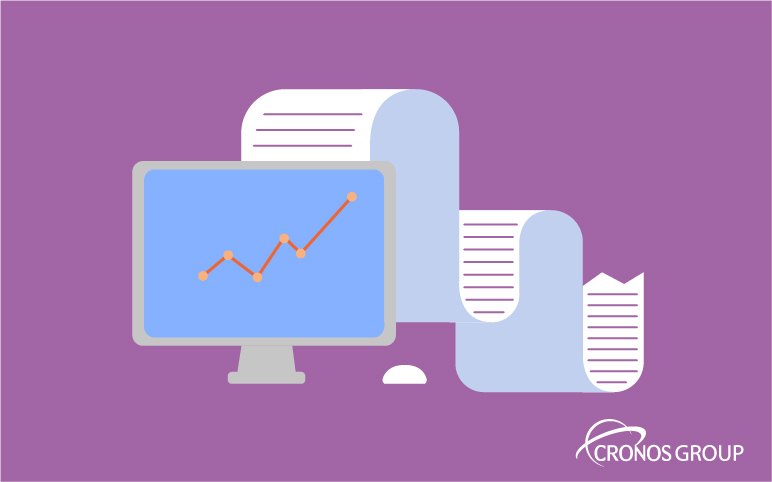Big data has rapidly become one of the hottest topics in the technology world. We know what it is- immensely large sets of data that computers use to discover trends and behaviours of people- but what does it mean? Basically, big data is big knowledge, and knowledge is power.
There are many positive aspects of big data: it helps companies to provide more personalized products and services to customers and it assists with research on such vital issues as global warming and treatments for cancer. But big data has a dark side that can’t be ignored. As big data use increases, so do consumer privacy concerns.
Today, many apps and websites require that users share their location and give their basic information. With this, more and more companies are facing scandals about the use of customer information and whether customers are given fair warning about how much of their personal data they are agreeing to share. Just this month German courts ruled that Facebook’s privacy policy doesn’t provide users with enough information about what data they will be collecting- or what they will be doing with that data.
It makes sense that big data and privacy would be an issue with such devices such as phones and computers, but the same risks are spreading to technology that previously wasn’t a concern. For example, cars are increasingly being designed with connecting capabilities, meaning they record and transfer information to an outside computer. This information can include anything from frequent routes of the driver to biometric analysis of who is driving the vehicle.
But what are companies using personal information for? A vast array of things. Like many others, the telecommunications industry, often uses big data for good: improving customer experiences, more efficiently forecasting demand, and reducing customer churn among other things. These uses are, for the most part, beneficial to all parties. But there is always the danger of manipulation. These companies already have private consumer data stored in their computers, and that means that it is at risk of any rogue employee or hacker with bad intentions. These rogues can use the data to make money, track someone down, or even steal identities.
All of this being said, risks around big data can be minimized by instilling ethical values into employees that have access to it and to encourage consumers to be aware of exactly what information they are agreeing to share and whom they agreeing to share it with.
With those ideas in mind, big data can be hugely beneficial to a company.

